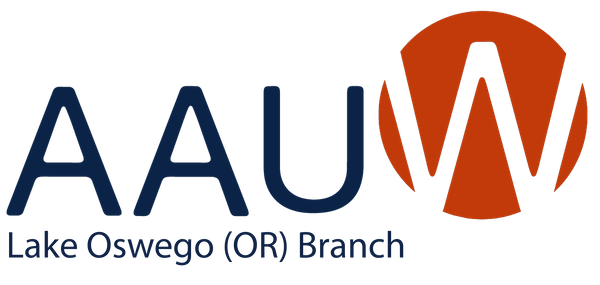Public Policy Program Goals
Public Education:
- Improved and stable funding for Title IX enforcement in schools;
- Increased proficiency of K – 12 school students in civics and civic engagement;
- Equal educational opportunities for all with emphasis on the protection and preservation of academic freedom and access to broad-based, bias-free education at all levels;
- Opposition to public funds for vouchers, private schools, and non-accredited education programs;
- Access to high quality, affordable education at all levels, especially for women in poverty;
- Closing of the persistent achievement gap that disproportionately affects low-income children and students from communities of color;
- Increased participation of women and girls in the fields of science, technology, engineering and math (STEM), and civics, history and political science (CHiPS);
- Provision of financial assistance for childcare and other costs associated with being a student parent.
Elimination of Discrimination and Violence
- Protection of all persons from discrimination and violence on the basis of gender, race, color, religion, sex, sexual orientation, national origin, marital status, disability, age or class;
- Elimination of bullying, sexual harassment and sexual assault;
- Promotion of racial, ethnic and gender justice, including creating a diverse culture where the richness of ideas, backgrounds and perspectives is fully appreciated and utilized;
- Adoption of the Equal Rights Amendment to the United States Constitution and the ratification of the United Nations Convention on the Elimination of All Forms of Discrimination Against Women;
- Support of programs that address human trafficking;
- Freedom from violence and fear of violence, including hate crimes, in homes, schools, workplaces and communities;
State and Local Government
- Ensuring full and fair access to civil and constitutional rights, including meaningful campaign
- finance reform, open and fair elections, and nonpartisan voter education efforts that will
- promote equitable political participation and representation in appointed and elected office;
- Fair and equitable taxation at all levels of government
- Elimination of the kicker and establishment of an adequate reserve fund;
- Reaffirmation of the separation of church and state;
- Ensuring adequate long-term funding for education, public safety and human services;
- Accountability and transparency in government operations;
- Support of a fair, balanced and independent judiciary.
Health Care
- Universal availability of quality, affordable and accessible health services for all;
- The right of all persons to have access to the reproductive health care options of their choice;
- A clean, healthy and sustainable environment;
- Recognition that gun violence is a health care crisis.
Economic Self-Sufficiency
- Greater availability of and access to benefits that promote work and life balance, including quality and affordable dependent care;
- Safe, livable and affordable housing;
- Strengthening of retirement benefits, including the protection of Social Security;
- Increased access of women to all levels of the economic process;
- Pay equity and fairness in compensation;
- All persons to have affordable access to electronic and other communications systems.
Oregon Branch Public Policy Toolkit
Oregon Equal Pay Toolkit
AAUW Statement on the Dobbs Decision
AAUW Condemns Racism
We condemn racism, which is so deeply rooted in our country and demonstrated in many aspects of our lives. There can be no justice or equality when any individual or community is treated with indignity or denied equitable access to health care, quality education, desirable housing, opportunities for job advancement and economic security.
Critical Race Theory
On January 8, 2022, Dr. Marvin Lynn of Portland State University addressed the branch on the subject of “Critical Race Theory.” Dr. Lynn conducts research on race, education, the work and lives of Black male educators, and best practices for advancing teacher diversity in the United States. The Handbook of Critical Race Theory in Education, which Dr. Lynn co-edited, is regarded as one of the most important resources on race ad education.
We invite you to read the slides from his presentation, which can be found at: CRT_LOAAUW_Lynn
It Only Takes Two Minutes!
Become a two-minute activist! Join AAUW in urging Congress to improve and expand legislation protecting our civil rights, economic security, and access to education. All you have to do is sign up, at https://www.aauw.org/act/two-minute-activist/
